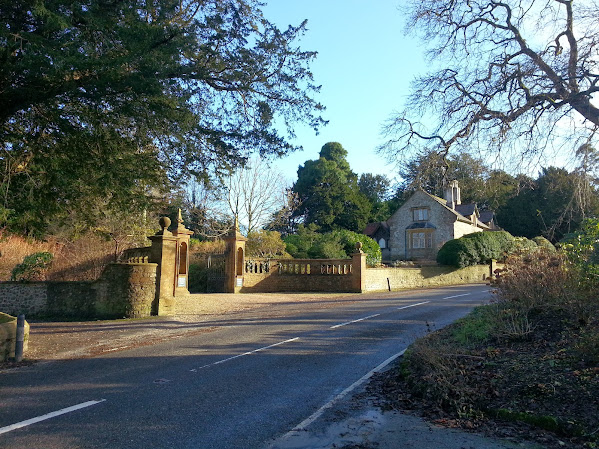Reading the Weather
It always amuses me when people claim they can interpret themorality of the weather, but I know it should not amuse me because it is not
funny. There is a type of person who thinks they be able to commune with the
Almighty in a way the rest of us cannot, reading the signs around us for clues
about His will and finding out that – what luck! – the Almighty agreed with
them all along! But this is no mere ‘evidence bias’ to which we are accustomed
in politics or the media. The UKIP councilor who blamed gays for the fact that
we have Winter this year evidently believes he be privy to some knowledge or
wisdom that is denied to the rest of us, and which enables him to read clouds.
That is rather tragic.
Reading the Media
Not long ago, someone said to me that they thought the reason the
media has a problem with teachers is that teachers teach pupils to distrust the
media. I dismissed the idea at the time but now I begin to wonder.
All week I have been sifting through material taken from
newspapers’ online editions and demonstrating to pupils how vacuous,
tendentious and artless is the bulk of media copy. Vacuity and tendentiousness
are already well covered in the GCSE so there is little additional work for me
to do on that front. However, the question of art matters to me very deeply. A
large proportion of media copy is written in appalling style and frequently
resorts to cliché and
hyperbole, possibly because facts require drama before they can be sold,
possibly because hacks need to fill the column inches if they want to get paid.
However, besides the morbid pleasure I gain from deconstructing journalese for
my pupils, it rouses a genuine anger in me: how often do unlettered hacks
attack teachers for ‘dumbing down’?
I tend to be suspicious of the more apocalyptic warnings that
literacy is terminally ill. However, it is always appropriate to be vigilant
about standards so I take the issue seriously. Rarely (for obvious reasons)
does the media turn its focus back upon itself and ask the question: what kind
of writing do we think is most readily available and easily accessible to young
people these days? It is common enough to complain because children are reading Twilight and not David Copperfield (which is ipso facto the fault of teachers),
and it is certainly true that unchallenging literature will do less for a child’s
literacy than literature that is challenging. However, do we really believe
they read more Twilight than
the free content on the web? Novels cost time and money. Comment is Free, Right Minds and Indy Voices cost no money, little
time and even less effort to consume (or, to use journalese a moment, it’s ‘dumb’).
The greatest exposure to letters that my pupils get is to the same media that
has the face to preach to the rest of us about standards.
A Country Jaunt
The weather was good today so I took Fleance* for a spin in the
country. I went to see the Cerne Abbas Giant:
There he is, in all his glory:
Nearby was a delightful village called Minterne Magna.
Andrew Marr recently wrote in the Spectator that London was being ‘hollowed out’ by exponential
price and rent rises and the accumulation of property by foreign speculators.
Sebastian Faulks made a similar point in the same magazine, describing the desecration of Notting
Hill, with new developments vanquishing the old neighbourhood, paid for with
new money. I cannot help but think that if London price out its own, including its
nurses, merchants, artists, and young people, there’s an entire England that
awaits them, which they could even afford.
*Fleance is the name I give my car.
Subscribe to this blog by email for automatic updates, or follow me on Google+




